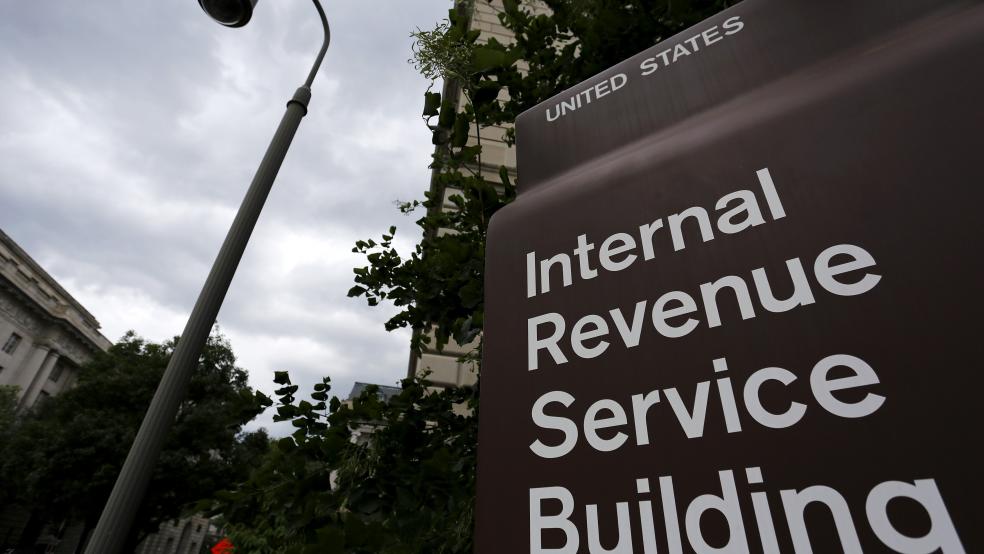The Internal Revenue Service is failing to crack down on hundreds of thousands of high-income people who owe billions of dollars in taxes, according to a new report by the agency’s government watchdog.
The Treasury Inspector General for Tax Administration identified almost 880,000 individuals making $100,000 a year or more who didn’t file tax returns from 2014 to 2016. Collectively, those “nonfilers” owed an estimated $45.7 billion in taxes.
An estimated 1,891 nonfilers owed more than $1 million apiece, or about $13.5 billion collectively. The top 100 nonfilers owed an estimated $9.9 billion in total.
The inspector general’s audit found that the IRS did not investigate or try to collect in more than 40% of those roughly 880,000 cases, representing an estimated total tax bill of $20.8 billion. The IRS never entered 326,579 of the cases into its compliance system, and another 42,601 cases were closed out of the system without the agency ever working on them.
The more than 510,000 remaining cases, with $24.9 billion in estimated taxes due, “will likely not be pursued as resources decline,” the report says. The IRS has faced repeated budget cuts until recently and the report says that collections staff declined by 19% from fiscal year 2013 through fiscal year 2018.
“Pursuing nonfilers is one of the IRS’s most efficient enforcement strategies because issuing nonfiler notices can be a cost-effective tool that requires little more than automated notices,” the report says. “Previous IRS research studies from decades ago noted that at that time, the IRS pursued most nonfiler leads. However, with some exceptions, that no longer appears to be the case.”
The watchdog report makes seven recommendations, including that the IRS reallocate resources to ensure that most or all high-income tax cheats are subject to enforcement action. It also says that the IRS is missing out on opportunities to fully crack down on repeat tax cheats by working on cases one tax year at a time. IRS management disagreed with one of the recommendations, agreed with two and partially agreed with the other four.
Why it matters: Beyond the obvious implications for the federal budget and IRS funding, tax cheats also cost the rest of us who do pay taxes. As Bloomberg News reports: “The average U.S. household is paying an annual surtax of more than $3,000 to subsidize taxpayers who aren’t paying all they owe, the Taxpayer Advocate Service, an independent oversight office within the IRS, found in January. The calculation is based on the assumption that the government is seeking to collect a fixed amount of revenue, leaving compliant taxpayers to pay more to subsidize noncompliance.”





